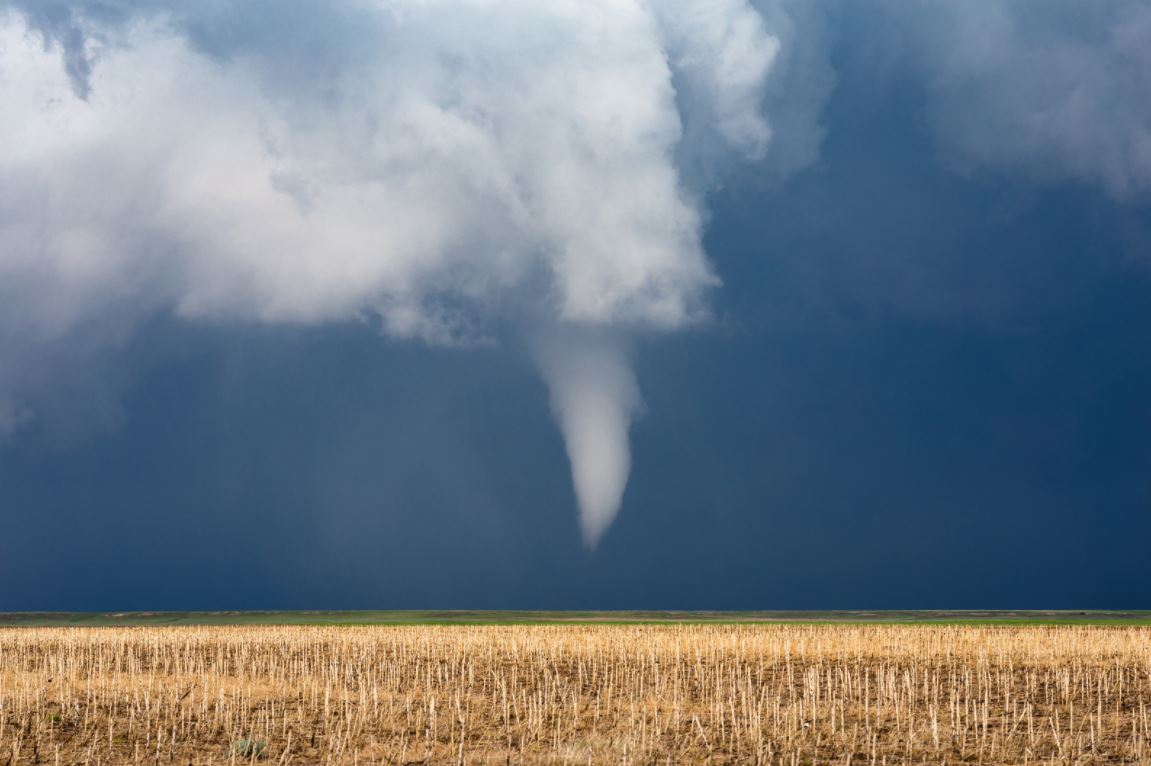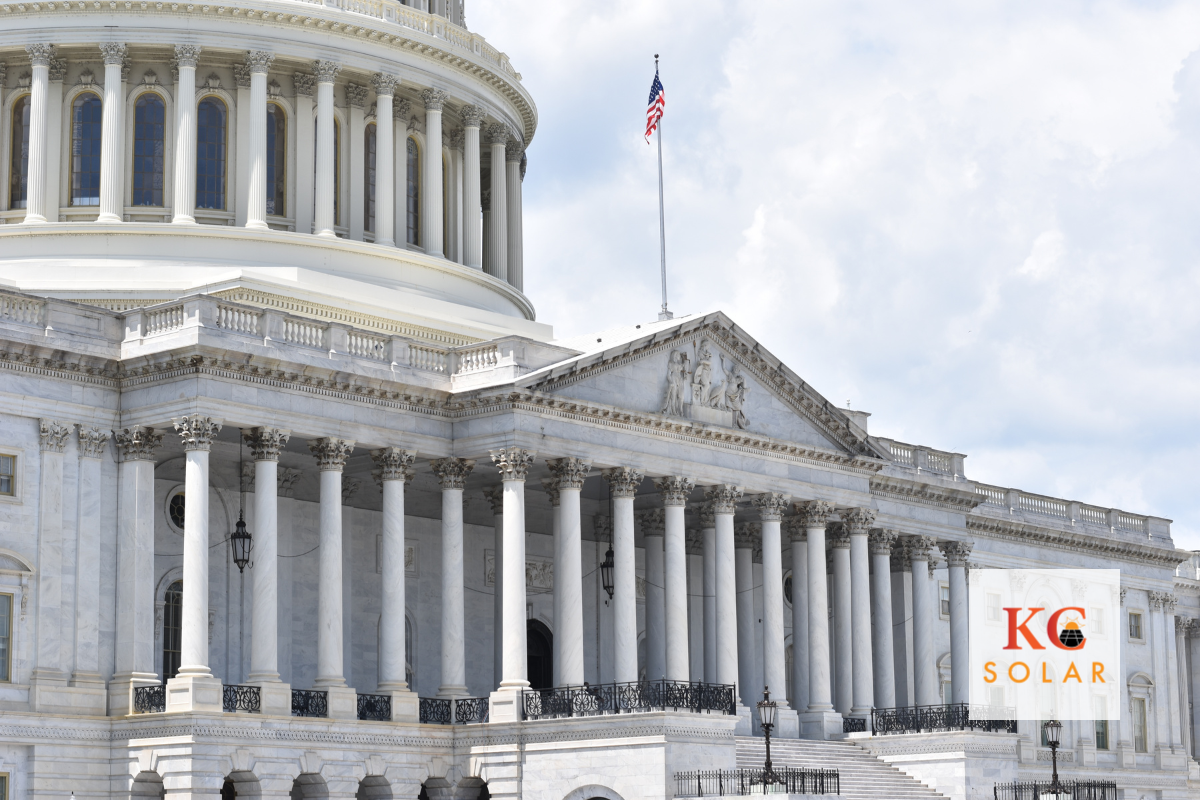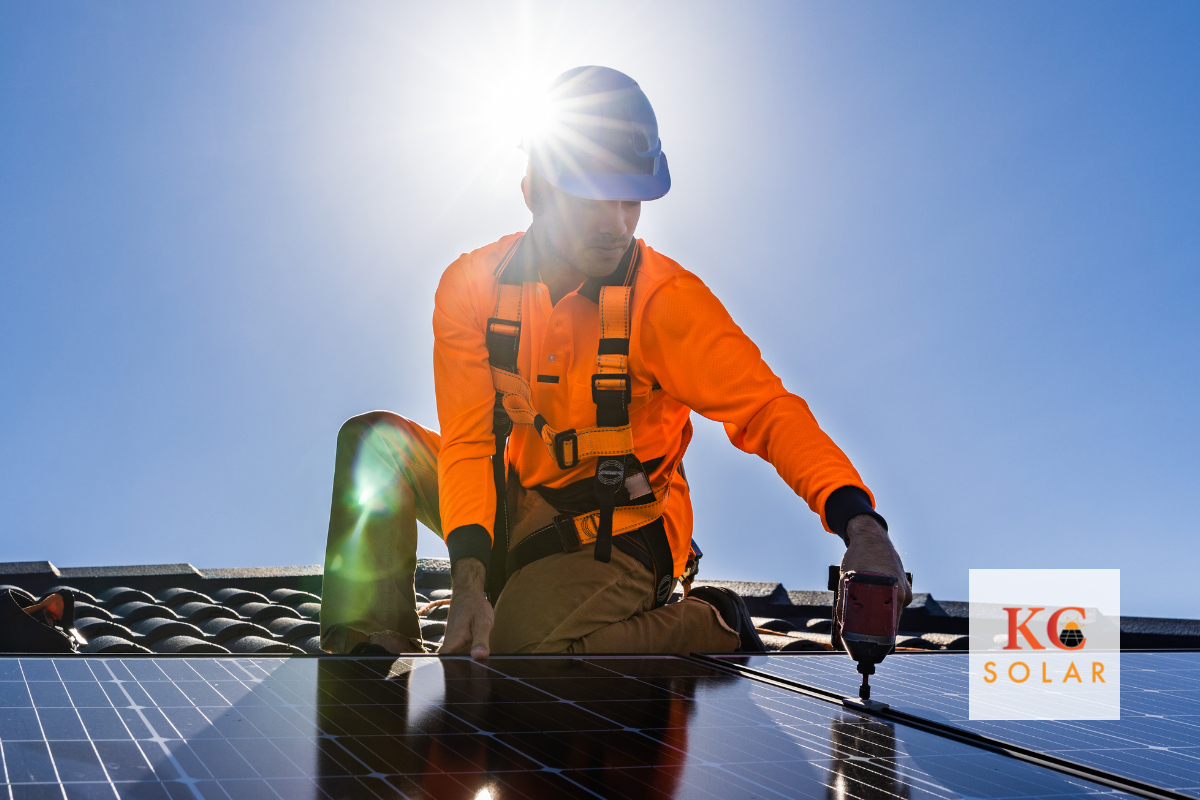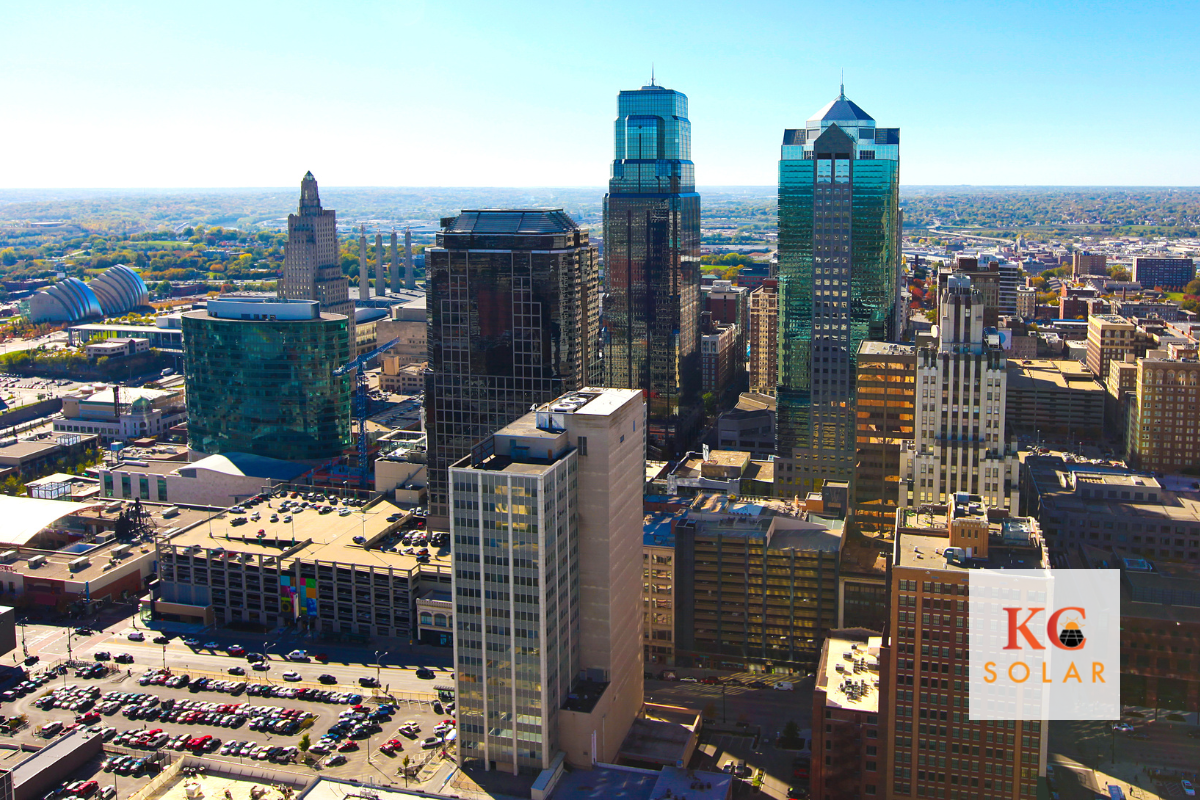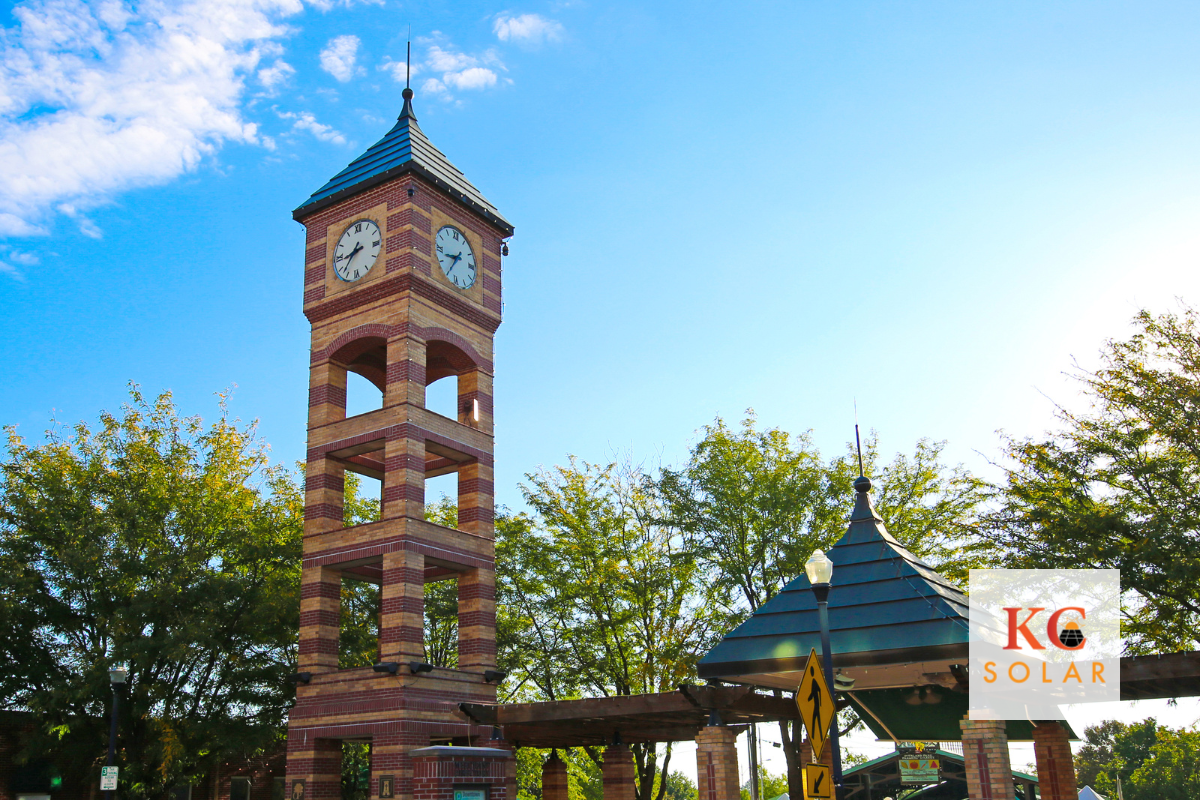When you decide to go solar, it’s a big decision. You already know how many benefits it can bring you — from lower electricity bills, to energy independence, and more. However, installing home solar panels can be a big investment, though state and federal incentives can help reduce the cost. How do solar panels stand up to inclement weather, and how durable are they? How can you protect your investment?
It’s a fair question to ask, especially for those of us in the Midwest. We often joke that in Missouri and Kansas, we can experience all four seasons in a matter of days — or even hours. Understanding how solar panels work, how they hold up in inclement or extreme weather, and how to keep them functioning at their best can help you feel confident.
What Are Solar Panels Made Of?
First, it can help to understand what solar panels are made of. There are two main types of solar panels on the market right now: silicon-based solar panels — both monocrystalline and polycrystalline — and thin-film solar panels. While silicon solar panels are currently more common than thin film ones, they’re made of mostly the same things.
Solar panels are generally made of glass, plastic, aluminum and metals. And silicon solar panels include silicon as well.
The solar cells are the part that takes the sun’s light and converts it to energy. While these are actually quite fragile, the layers of glass and the rest of the solar “frame” are designed to be extremely strong. Think of it as a shield for the solar cells.
The Risks of Inclement Weather
Even knowing what solar panels are made of might not put your mind at ease. What about extreme temperatures, tornadoes, and hail?
Let’s take a look at a few scenarios and how your solar panels were designed with these types of situations in mind.
Extreme temperatures
Anyone who lives in Kansas City or the Midwest in general knows about the extreme temperatures we get in the summer and winter. Fortunately, solar panels are not generally impacted by temperature until they hit 149 degrees Fahrenheit. Even at that point, their efficiency only decreases slightly. And in fact, solar panels often function at their best in cold weather.
Heavy rain
We’ve already had a few torrential downpours in KC this spring, and there are certainly more to come. But solar panels will not be impacted by rain as long as your home’s electrical wiring systems are still intact. And if you have roof-mounted solar panels, you won’t have to be concerned about flash floods. But even those who have a ground-mounted array shouldn’t worry too much about flooding — good solar installers keep this in mind when completing your project and often have solutions to ensure flooding won’t impact your system.
Tornadoes
Tornadoes are one of the biggest natural disasters that Kansas and Missouri residents often have to deal with. But your solar panels may not be as worried as you are. According to EnergySage, solar panels can not only withstand extreme wind speeds up to 170 miles per hour. They can also be a great tool for helping a community recover in the aftermath of an extreme weather event that knocks out part of the electric grid.
Hail damage
Solar panel manufacturers also keep the potential risk of hail in mind throughout the design and build process. They test them to ensure they’re able to stand up to potential risks. And those studies have held up to the test of reality, according to Energy.gov: In 2017, the National Renewable Energy Laboratory’s main campus in Golden, Colorado, experienced a severe hailstorm. Out of 3,000 solar panels on their buildings, only one panel was broken as a result.
Still don’t believe how durable solar panels can be? Here’s a video from one of our KC Solar suppliers based in Texas. They tested their solar panels in some of the most extreme cases and made this video so people can see for themselves how strong solar panels are.
Spoiler alert: Even when an armored vehicle was run over them, the solar panels held strong.
Keeping Your Solar Panels in Top Condition
For the most part, there aren’t any special steps you need to take to help keep your solar panels safe. They’re a “set-it-and-forget it” type of investment, which makes them very attractive to many homeowners. But there are some ways you can ensure your solar panels continue operating at their best, and that’s by making sure they are clean.
Dust, autumn leaves, and bird droppings can all impact your solar panels’ production levels, so you’ll want to be sure you give them an occasional rinse or gentle scrub. It doesn’t need to be more than every six months, or maybe even longer, depending on where you live.
Whatever you do, just be sure you don’t use soap. Soap can actually contribute to making solar panels dirtier — that’s because it leaves behind a thin film that can prevent the sun’s rays from fully reaching the solar cells. Learn more about safely cleaning your solar panels.
Through Rain, Snow, Sleet and Hail… KC Solar Works for You
If you are looking for the best solar company in Kansas City, look no further than KC Solar. They are your local Kansas City solar panel installation experts. Once you schedule a no-pressure site visit, our experts will help you understand what solar system specifications would be best for your home or business.
KC Solar is the only local solar company in Kansas City with KC natives who own and operate the daily activities of the business. What does that mean for you? We care about you because we care about this city, and we only want the best for it.
And be sure to download our Free Solar Panel Buying Guide for more information.
We look forward to serving you!

